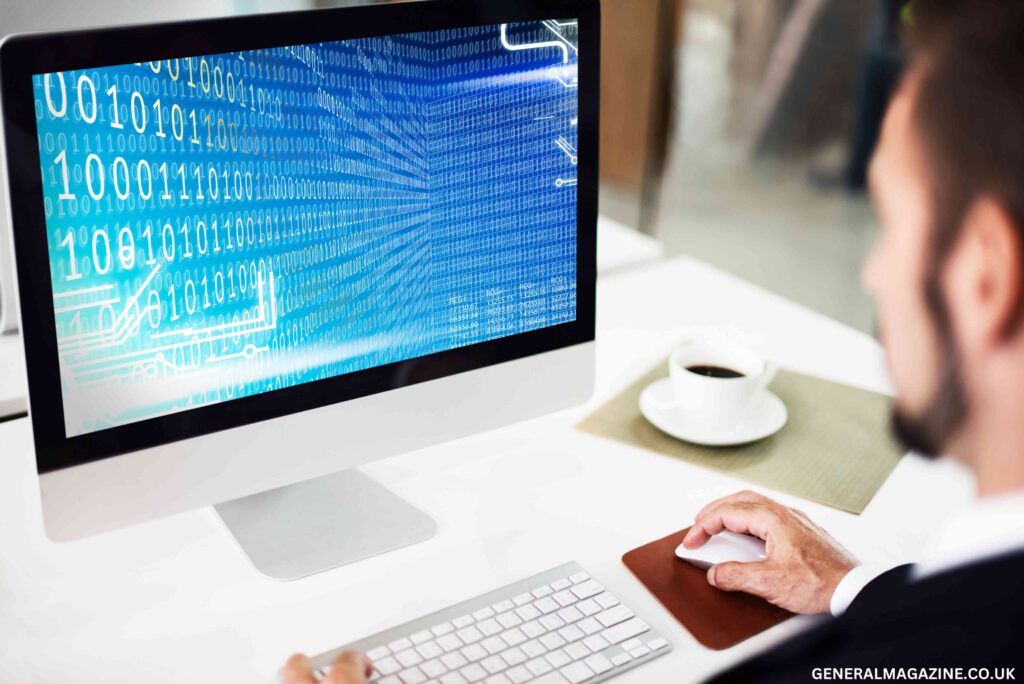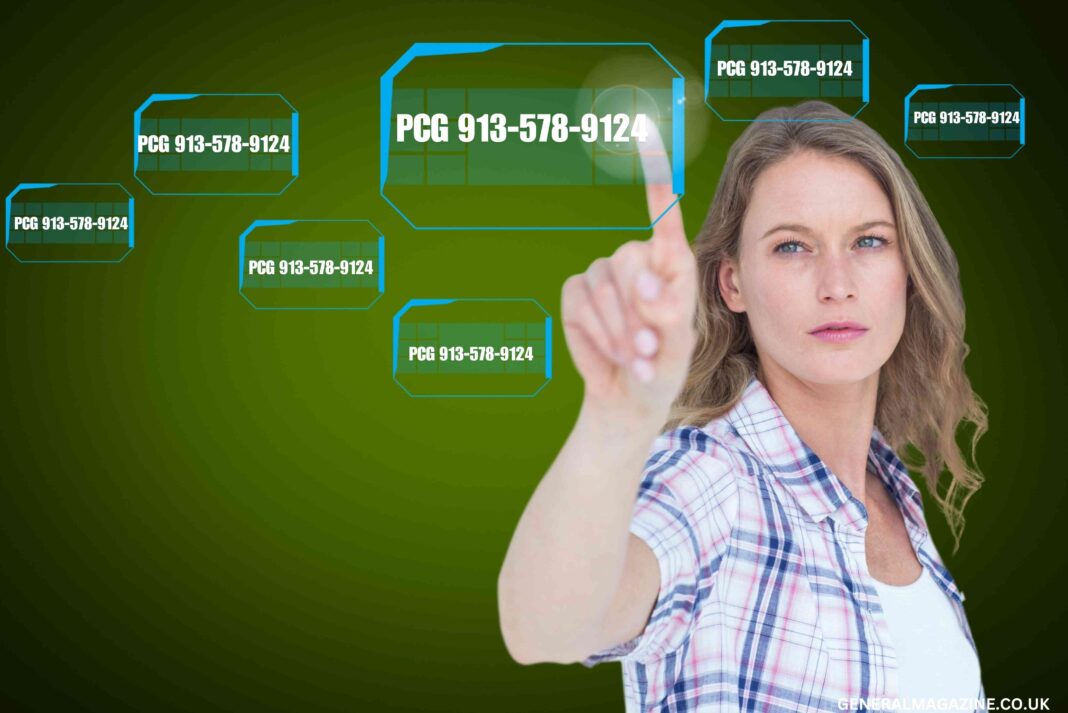Have you recently noticed PCG 913-578-9124 on your bank or credit card statement? You’re not alone. Thousands of people are searching for answers to this mysterious charge. What does it mean? Should you be concerned? Let’s break it down step by step to clear up the confusion.
What Is PCG 913-578-9124?
At first glance, PCG 913-578-9124 looks like a random string of numbers and letters. But it’s not just a code—it’s a unique identifier for a transaction processed through a payment service. Companies often use such codes to tag purchases or subscriptions made online.
Why Does It Appear on Statements?
If you’ve spotted PCG 913-578-9124, it’s likely linked to your purchased product or service. Merchants use such identifiers to label transactions for clarity and bookkeeping. However, it’s worth digging deeper if you don’t recognize the charge.
Is PCG 913-578-9124 a Scam?
The short answer? Not necessarily. While the presence of PCG 913-578-9124 on your statement doesn’t immediately scream “scam,” it’s crucial to investigate further. Ask yourself:
- Did you buy something recently that matches this amount?
- Have you signed up for a subscription you forgot about?
Common Reasons for the Charge
Here are some common reasons why you might see this code:
- Subscription Services: Many platforms use these identifiers for recurring payments.
- Online Purchases: You may have bought something from a merchant using PCG for payment processing.
- Third-Party Payment Services: Some businesses outsource payment handling to companies like PCG.
How to Identify Legitimate Charges
Not sure if the charge is legit? Here’s how to verify:
- Match the Amount: Compare the charge with your recent receipts.
- Check Merchant Details: Search online for “PCG 913-578-9124” along with the amount to trace the source.
- Review Emails: Look for confirmation emails from purchases.
What to Do If You Don’t Recognize It
Sometimes, a charge is genuinely unfamiliar. Follow these steps:
- Contact Your Bank or Card Provider: They can provide additional details.
- Call the Number Listed: If PCG’s number is available, reach out directly.
- Monitor Your Account: Keep an eye on other unusual transactions.
How to Dispute Unauthorized Charges
If you determine the charge is fraudulent:
- Notify Your Bank Immediately: Most banks allow disputes within 60 days.
- File a Dispute: Provide supporting documents, such as your transaction history.
- Monitor the Resolution Process: Keep track of updates until the issue is resolved.
Tips to Avoid Future Issues
Protecting yourself from unauthorized charges is easier than you think:
- Set Alerts: Use your bank’s mobile app to get notified about new charges.
- Use Virtual Cards: Virtual cards can minimize risk when making online purchases.
- Regularly Check Statements: Don’t wait for your monthly statement—check weekly.
Contacting PCG Customer Support
If you have questions, contacting PCG directly can be helpful. Look for their customer service number or visit their website for assistance.
Real-Life Experiences with PCG 913-578-9124
Many people have shared their experiences online. For some, it turned out to be a forgotten subscription; for others, it was an error. Checking forums and discussion boards can provide insights.
How Businesses Use PCG Codes

Payment processing companies like PCG are essential for businesses. They streamline transactions and ensure secure payment handling.
When to Report Fraud
If you suspect fraudulent activity:
- Report the issue to your bank.
- File a complaint with the Federal Trade Commission (FTC).
Understanding Merchant Codes
Merchant codes, like PCG 913-578-9124, help categorize transactions. These codes can sometimes cause confusion if they don’t match the merchant name you recognize.
Tips for Monitoring Your Transactions
Stay on top of your finances with these tips:
- Use Budgeting Apps: They sync with your accounts and flag unusual charges.
- Reconcile Accounts Regularly: Cross-check receipts with your statements.
- Educate Yourself: Learn to recognize common transaction codes.
Conclusion and Final Thoughts
Finding PCG 913-578-9124 on your statement doesn’t have to be a cause for panic. With the right approach, you can determine whether it’s legitimate or fraudulent. Stay vigilant, and don’t hesitate to take action if something feels off.
FAQs
- What should I do if I see PCG 913-578-9124 on my statement?
Review your recent transactions, contact the merchant, and verify the charge. - Is PCG 913-578-9124 always linked to fraud?
No, it often represents legitimate transactions, but it’s wise to investigate unfamiliar charges. - Can I dispute PCG charges?
Yes, if the charge is unauthorized or incorrect, you can dispute it with your bank. - How can I contact PCG?
Look for the phone number or website associated with the charge. - How do I prevent unauthorized charges in the future?
Monitor your accounts regularly, use secure payment methods, and set up alerts for new transactions.
